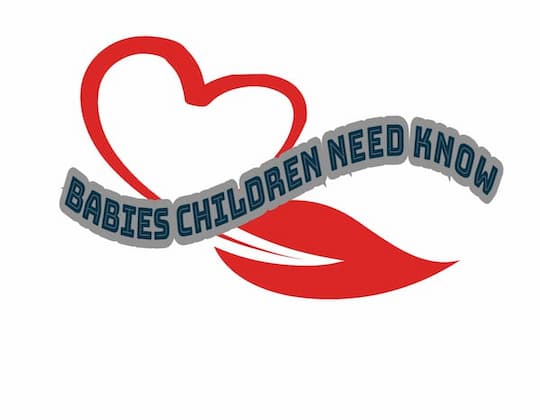When Babies Start Smiling
Let's talk about the different milestones that your baby will reach as he grows older, so you can watch out for his first smile and celebrate this milestone!
When do babies start smiling?
The First Smile
By three to four months, most babies will smile spontaneously.
There's no magic way to make a baby smile, but if you spend some time playing with her and engaging her in enjoyable activities—like peek-a-boo and patty-cake—you'll increase your chances of becoming the face she smiles at.
If you do engage in these fun games, be sure that your baby is getting enough sleep.
The Laugh
Before age 1, babies make all kinds of sounds—crying, laughing, squealing—but no actual words. But at around 12 months old (or a little earlier for some kids), babies begin making consonant-vowel combinations.
They'll say da or ma or any other combination of sounds that come naturally to them. This is true babbling! And it represents your baby's first foray into language.
You may hear only one syllable in da or ma, but you might also hear two-syllable words like mama and dada. All are signs of language acquisition on their way up and out!
First laughs
Babies don't really smile for a couple of months. Their first smiles are gassy, mostly. But when your baby does smile, it's arguably one of those Oh wow! My child is different from all other children! times.
And to be honest, you can help that moment along if you know what to look for and what kinds of things will encourage a smile (and then immediately pick up your camera or phone to record that precious grin).
Second smiles
A baby will usually show her first real smile between two and six weeks, with three to four weeks being most common.
Before that, you may see a social smile: Your baby will form a half-smile for about five seconds when looking at or hearing her mom or dad's voice. Second smiles are usually triggered by seeing your face.
Enjoy them—they won't last long! After a few months, they become rarer as other cues (like hunger) become stronger. But don't worry: When babies reach their fourth month, they start to enjoy playing more than eating and sleeping—and smiling comes back strong again.
baby giggle
Every parent has experienced that unadulterated, undiluted feeling of joy when they hear their baby laugh. It's one of those moments that makes your heart melt, and you can't help but chuckle right along with them.
- But what exactly is it about a baby laughing that stirs up so much happiness?
- And why do babies giggle in response to certain things?
They have no idea what kind of belly laughter they are causing in their parents! Let's take a closer look at just what babies find so funny.
A good place to start is by understanding how and why we even begin to smile as adults. A lot of research suggests that smiling serves two basic purposes: communicating our emotional state and improving our mood.
This connection between smiling, positive emotions, and arousal actually begin developing in utero—meaning it forms before we are even born into the world!


Comments
Post a Comment